HOSPITALITY
IN HARD TIMES

When COVID-19 threw life’s dice in the air, there were industry winners and losers. Most would agree, hospitality lost out.
Of all the industries plagued by the pandemic, hospitality and tourism were among the hardest hit. A study published by the Reserve Bank of Australia found that, by April 2020, international tourism had declined globally by approximately 90 per cent while, in Australia, domestic visitor numbers dropped to 40 per cent of pre-pandemic levels during the September quarter lockdowns of 2021.
According to Julian Clark (TC 1997), CEO of the Lancemore Group, which has a portfolio of six hotels in Victoria plus the Alamanda in Queensland, the hospitality industry found itself ‘in the toilet’. ‘[Hospitality] was comfortably the worst,’ he says of industries badly affected.
Despite Julian’s lifelong connection to the industry through his family’s hotel business, he had never intended to work in hospitality, let alone take over as Lancemore’s CEO. He studied an arts commerce degree while living at Trinity and had his sights on strategy roles in large corporations. Upon graduating, he did just that, then joined the family business ‘for a year’ after returning from a stint in London. He’s still there, 16 years later.
Given the challenges of COVID, does he wish he’d steered clear, as per his original plan?
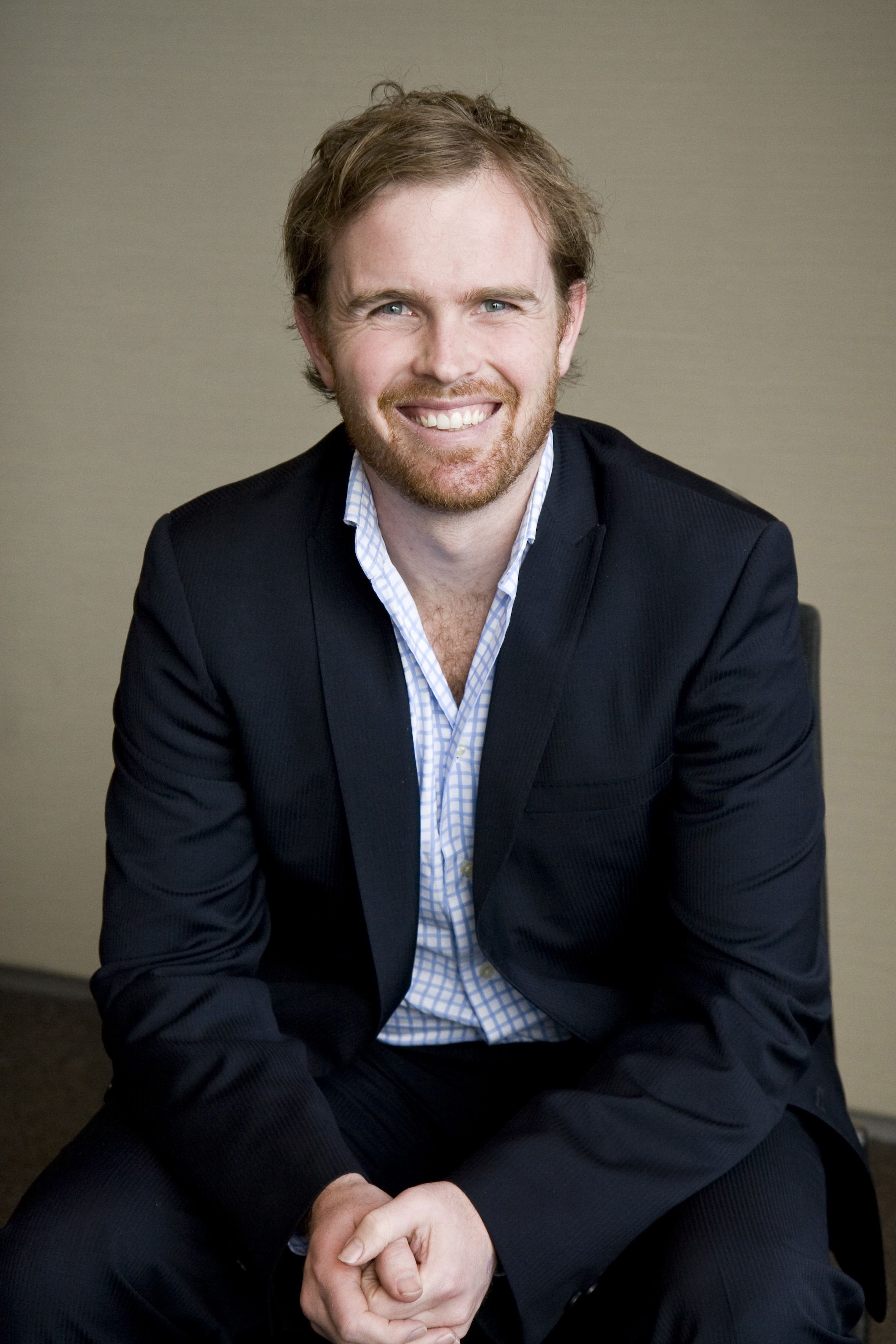
Julian Clark (TC 1997)
Julian Clark (TC 1997)
‘If you’d offered me a move into a different industry for a couple of years during the pandemic and then come back in, I would've happily taken that,’ he says. ‘I’d have a few less scars on the body to show for it, but it is what it is, right?’
Julian says he could never have imagined what was about to unfold but remembers exactly what happened when COVID struck. He was in the US to attend a conference when the first rumblings of the new and deadly virus surfaced. When the conference was cancelled, arrangements were quickly made for him to fly home to Australia, as the travel industry – and the world – hit turbulence.
From that point on, Julian says he worked seven days a week from 7am to 11pm for a month, trying to work out what to do as his business lost 95 per cent of its revenues. All Victorian hotels, aside from those functioning as quarantine facilities, were shuttered.
‘Nothing in business has ever prepared you for anything like that,’ he says. ‘I've been through the GFC [global financial crisis], I’ve been through other recessions, but this was unique. No one was ready for their business to lose that amount of revenue.’
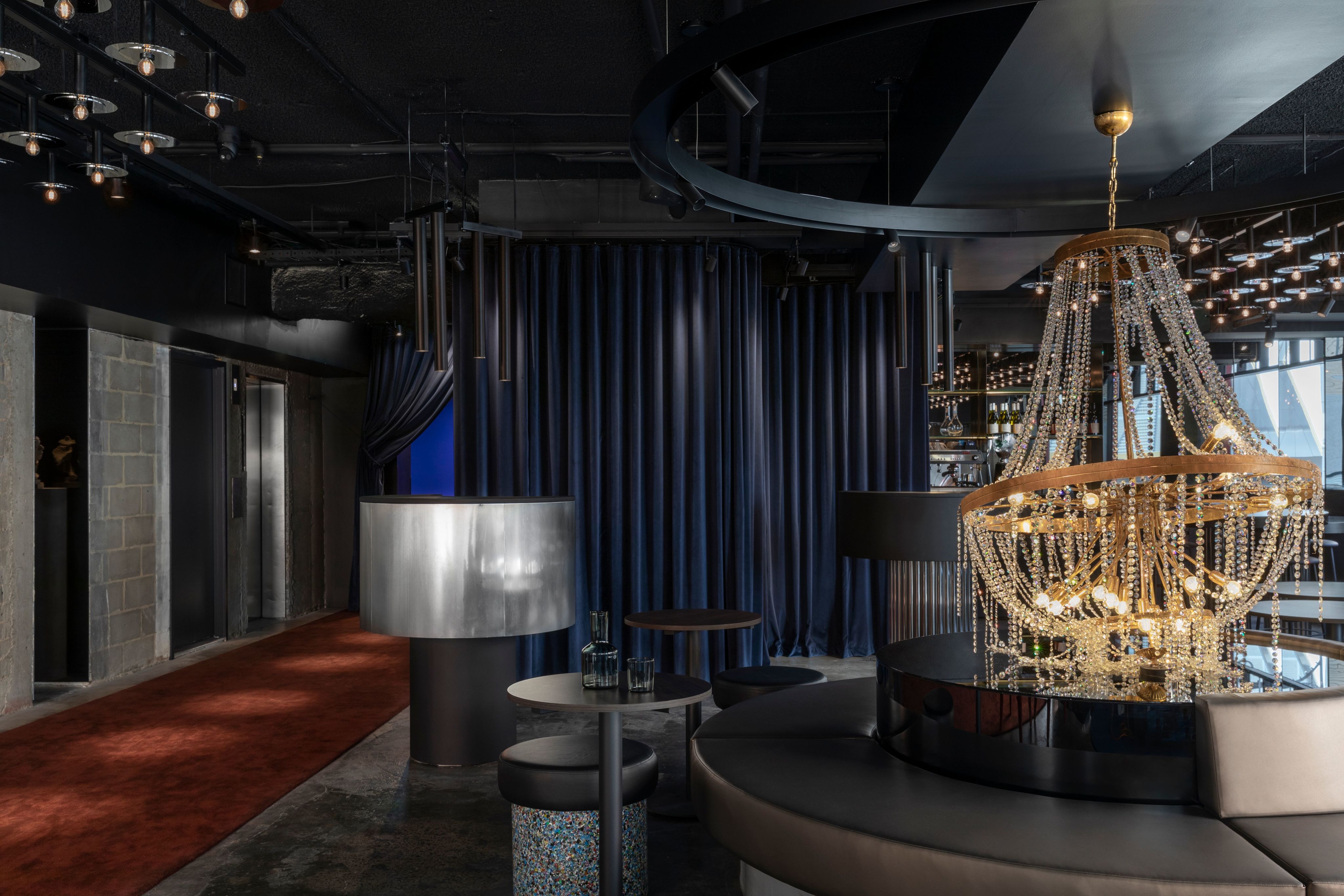
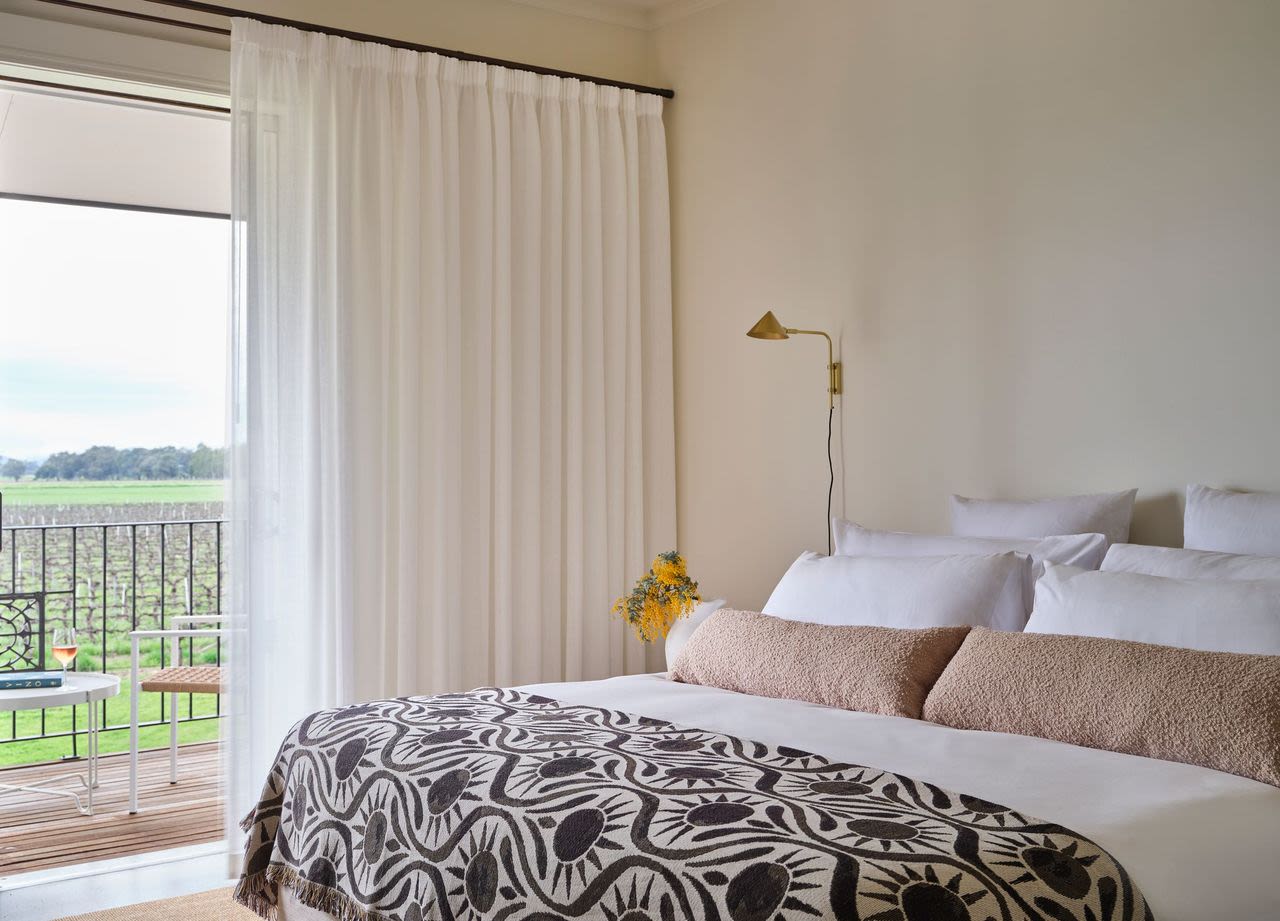
Ryan Moses, the co-owner of Naughtons – a pub well known to Trinitarians – says he well remembers the day in March 2020 that he was forced to call a meeting and stand down his entire team.
‘You had to tell everyone that they no longer had a job and you weren’t sure when they’d have a job again,’ he says. ‘I’m not going to lie, there were quite a lot of tears that day from various people, and everyone was a bit afraid. It was a very tough time.’
Ryan and co-owners Laura and Ryan Berry trialled turning the hotel into a takeaway deli and bottle shop, but found the business case didn’t stack up.
‘I spoke to a few people [in the industry] at that point to see what their plans were. The overwhelming response was that everyone was going to hunker down, manage what costs they could and then hope for the best.’
Like many other hospitality businesses, the Naughtons team opened when they could, then made do aligning with the COVID restrictions du jour, which at one point meant opening at only 25 per cent capacity.
Ryan says this was not enough to turn a profit but allowed the owners to offer some hours to their team. They also got creative, offering a ‘pub in a box’ that included a takeaway meal, wine, craft beer, Spotify playlist of pub songs and trivia cards, to try to stay engaged with the local community.
‘Again, it wasn’t profitable,’ says Ryan. ‘But it meant that when we were open, we had our full team and we had all our regulars coming back through the doors, and even some new people who found us through that experience and became regulars.’
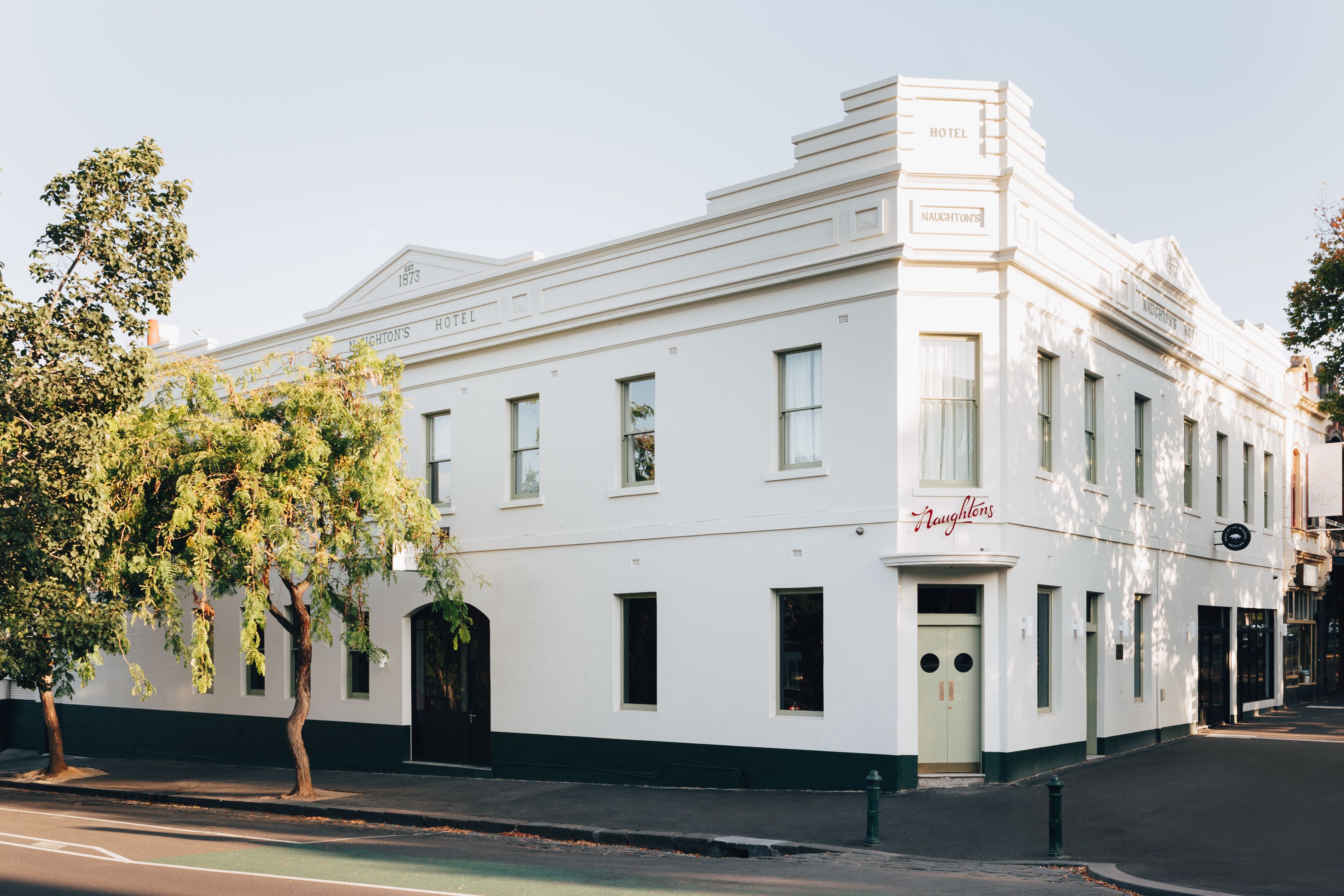
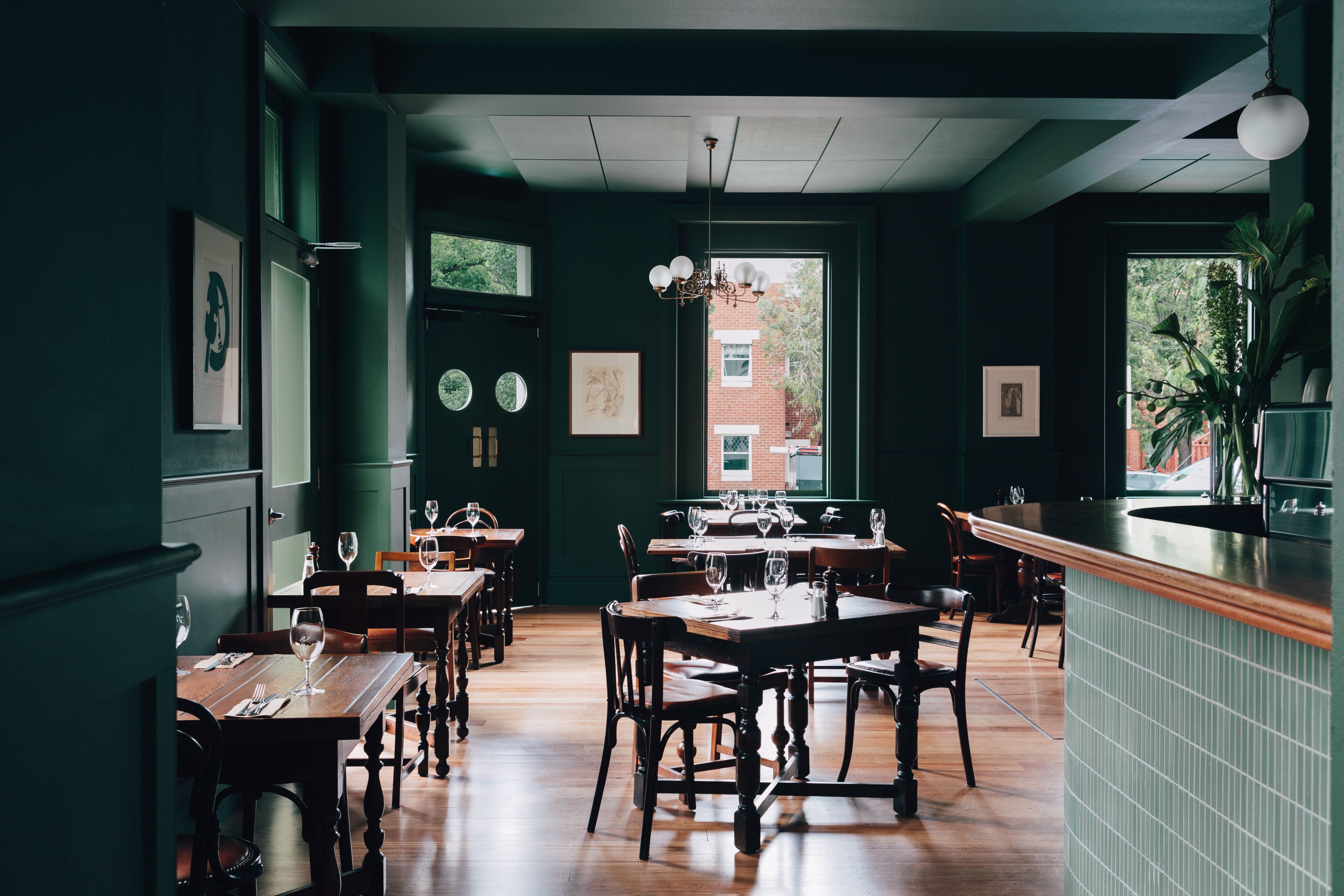
The pandemic wasn’t dire for all hospitality businesses, however, and in the case of Yu Cheng (TCFS 2009), who owns Above Gastrobar in Ipoh, Malaysia, it proved a saving grace.
‘For me, it was a blessing more than a curse, because when the pandemic happened, it was at a time that we needed some new direction [in the business] … we were at a low point.’
Yu, an entrepreneurial type who worked in Malaysia in politics, then copywriting, after completing Foundation Studies at Trinity and studying accounting and finance at Melbourne University, had gone into the hospitality industry cold and realised his menu and operations weren’t up to standard. But when travel restrictions and lockdowns were imposed, many Malaysian chefs who had been working abroad returned home in search of work.
Yu seized the opportunity, learning from some of the best chefs in the business while galvanising his menu and workflow. Only able to open for a total of one year over a two-year period, he also used the downtime to work on a marketing strategy.
‘Being not very busy actually afforded me the time to go online, watch YouTube, watch all the best chefs in the world in action, look at their recipes ... I didn’t come from a culinary background, so having the time and head space to explore these things is what catapulted me forward.’
Upon reopening, Yu’s restaurant was booked out every night two-and-half-months in advance.
‘I always say opening Above Gastrobar is the biggest and best mistake I’ve made, because it’s a situation where we were so close to giving up so many times,’ Yu says. ‘But then, you see a bit of hope and each time you push yourself forward to go through the adversity and the difficulties. You learn from there, and the next time, it’s much easier.’
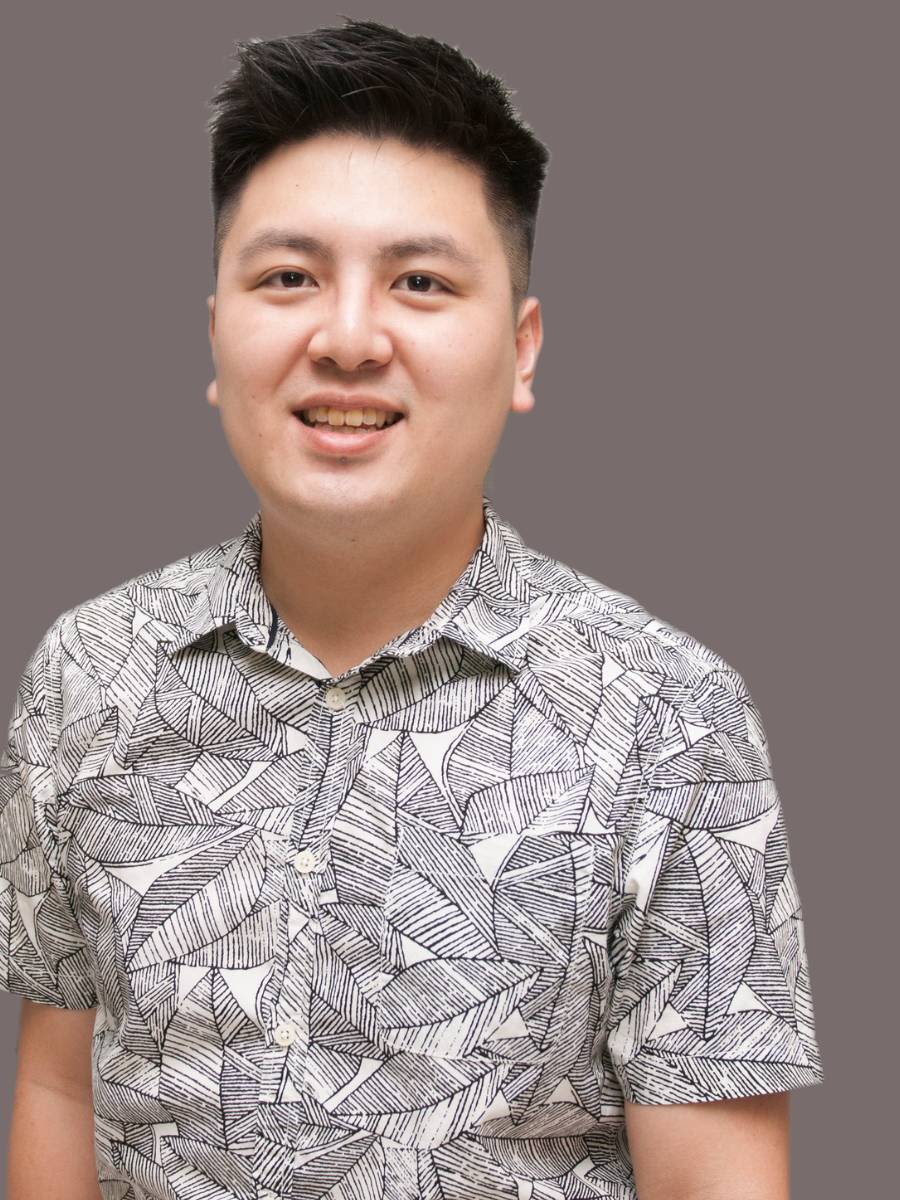
Yu Cheng (TCFS 2009)
Yu Cheng (TCFS 2009)
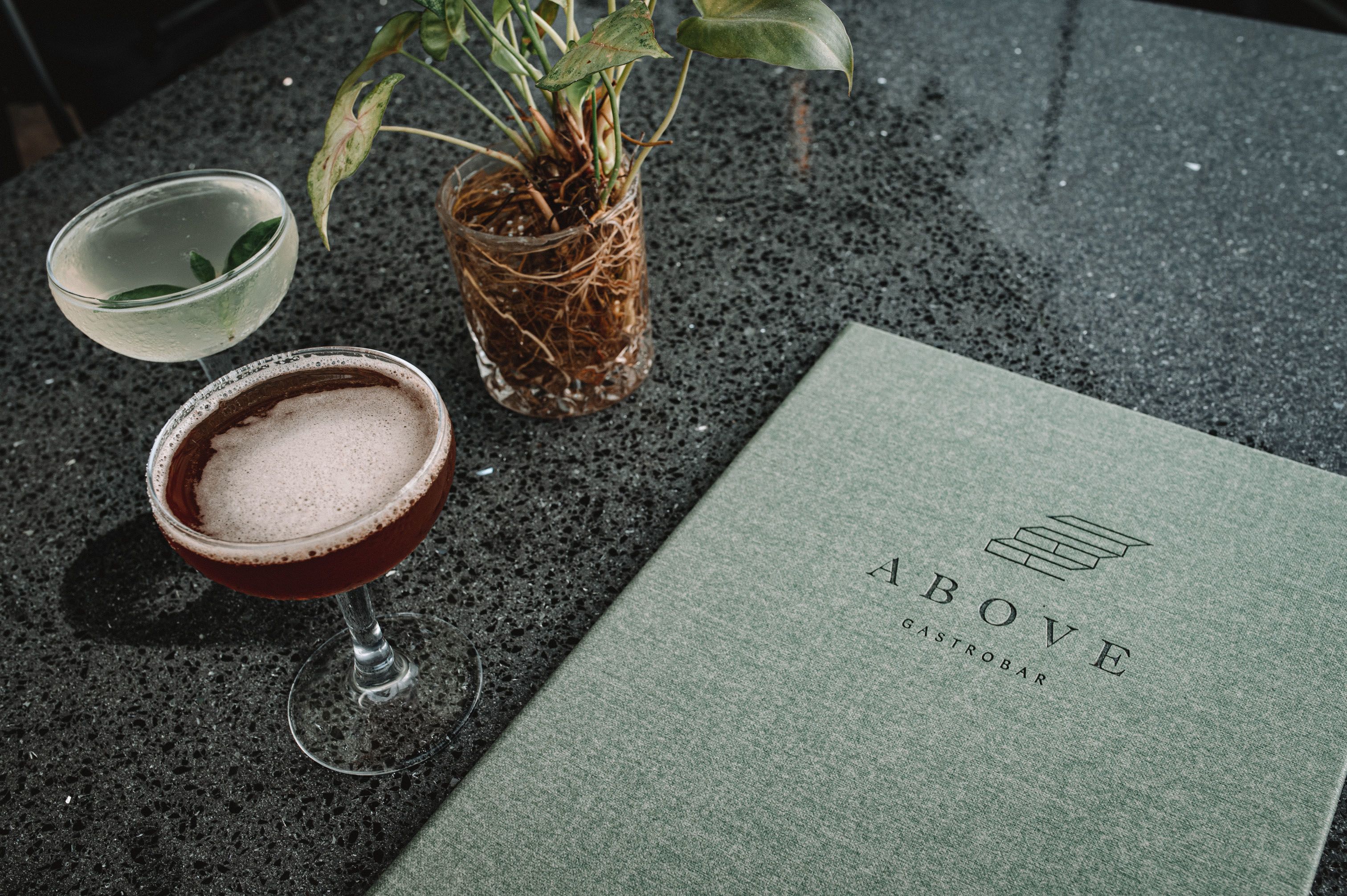
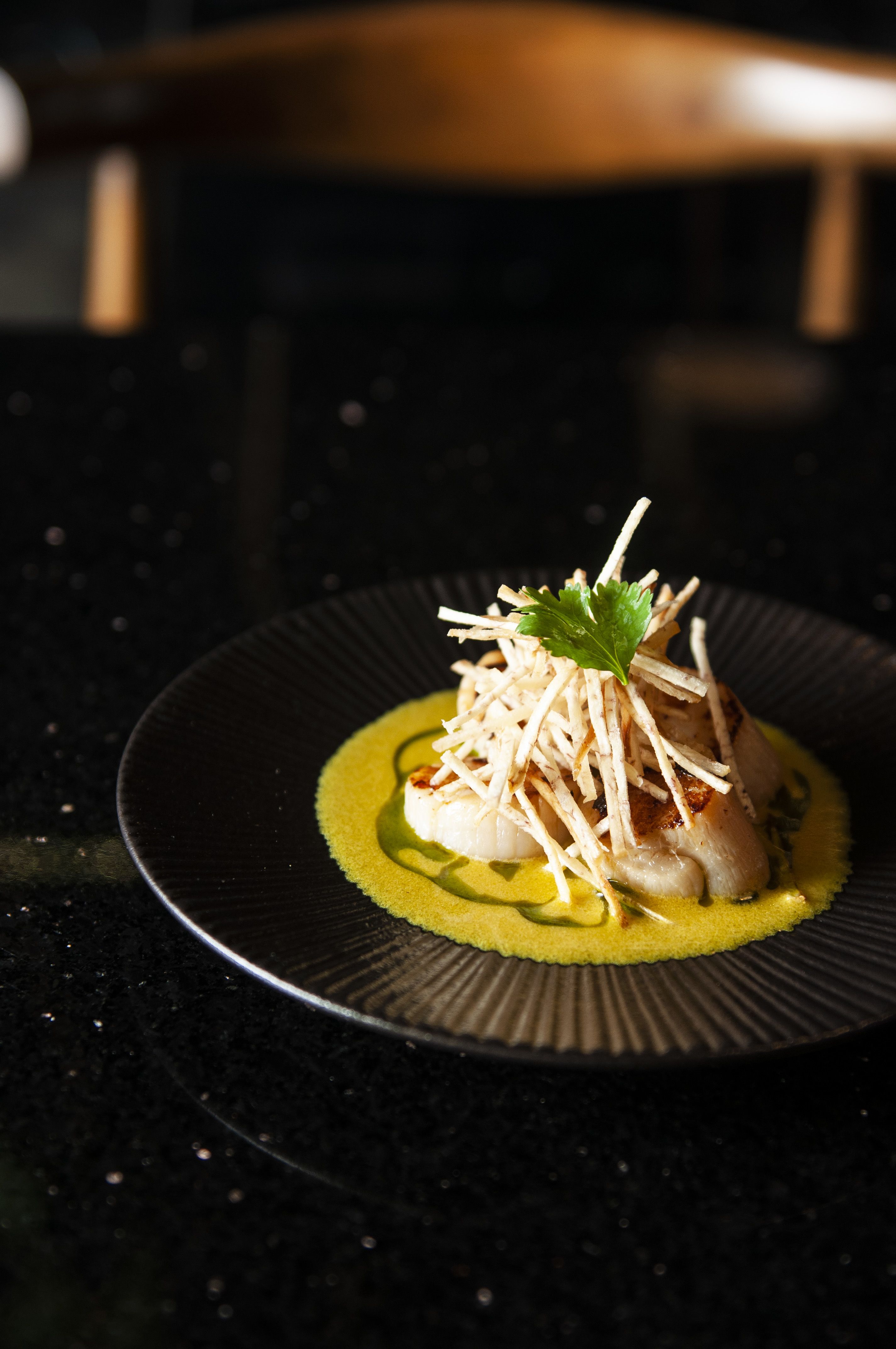
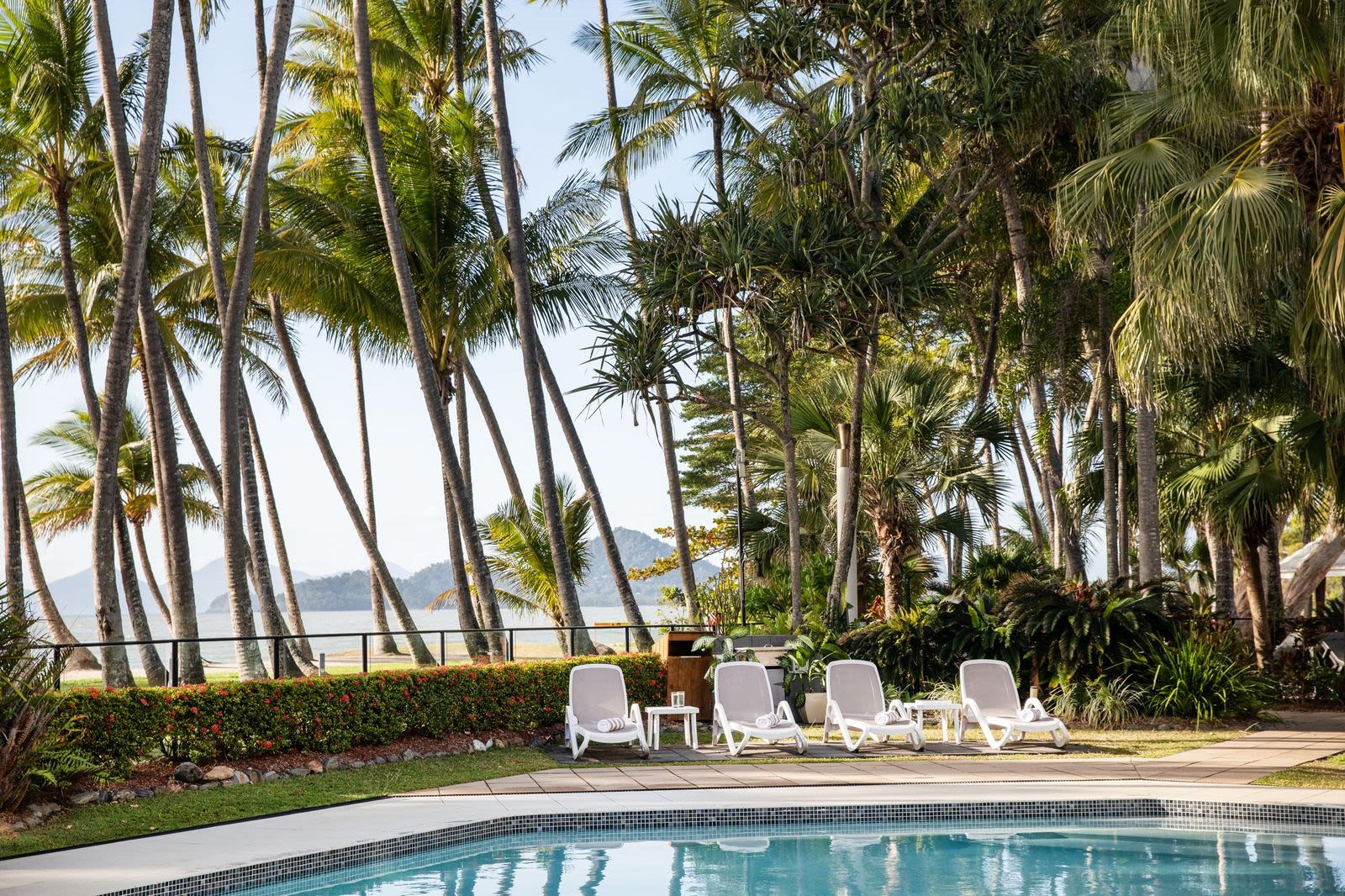
Julian thinks the pandemic helped people re-evaluate what is important in their lives.
‘We’ve bounced back a lot quicker than anyone thought we would as an industry, and that’s not just due to pent-up demand. I think a lot of people now see travel as a core part of their identity, not something purely discretionary.’
On a personal level, permanent changes in the workplace, specifically flexible work arrangements, allowed Julian to reassess his own priorities, with him deciding to move from Melbourne to South East Queensland.
‘I wouldn’t have been able to work remotely as much as I do now without the experience of the pandemic. I’ve got three young kids and they live a life that is ridiculous. They get to surf, they play sport all the time … Anything that’s that seismic – there are always positives and negatives to come out of it.’
>>> READ NEXT: HELP IS ON THE WAY